
- Article
- Article
How can we prevent violence?
Evidence shows that strategies to prevent some types of violence can be very effective, while other, less well-acknowledged forms continue unabated. But hope can still guide us into a more peaceful future.
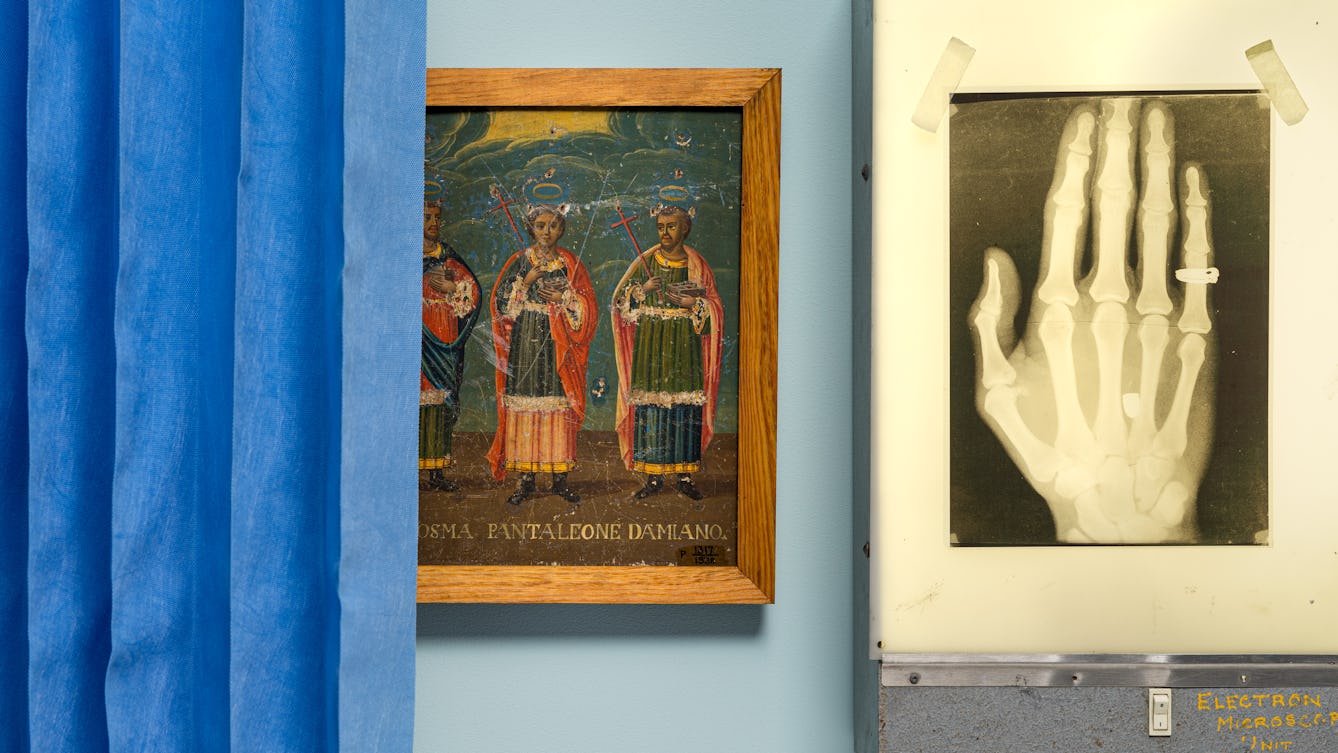
- Article
- Article
The ancient doctors who refused payment
The NHS might only be 70 years old, but the idea of free healthcare goes back to Ancient Greece, when devout doctors provided their services without charge.
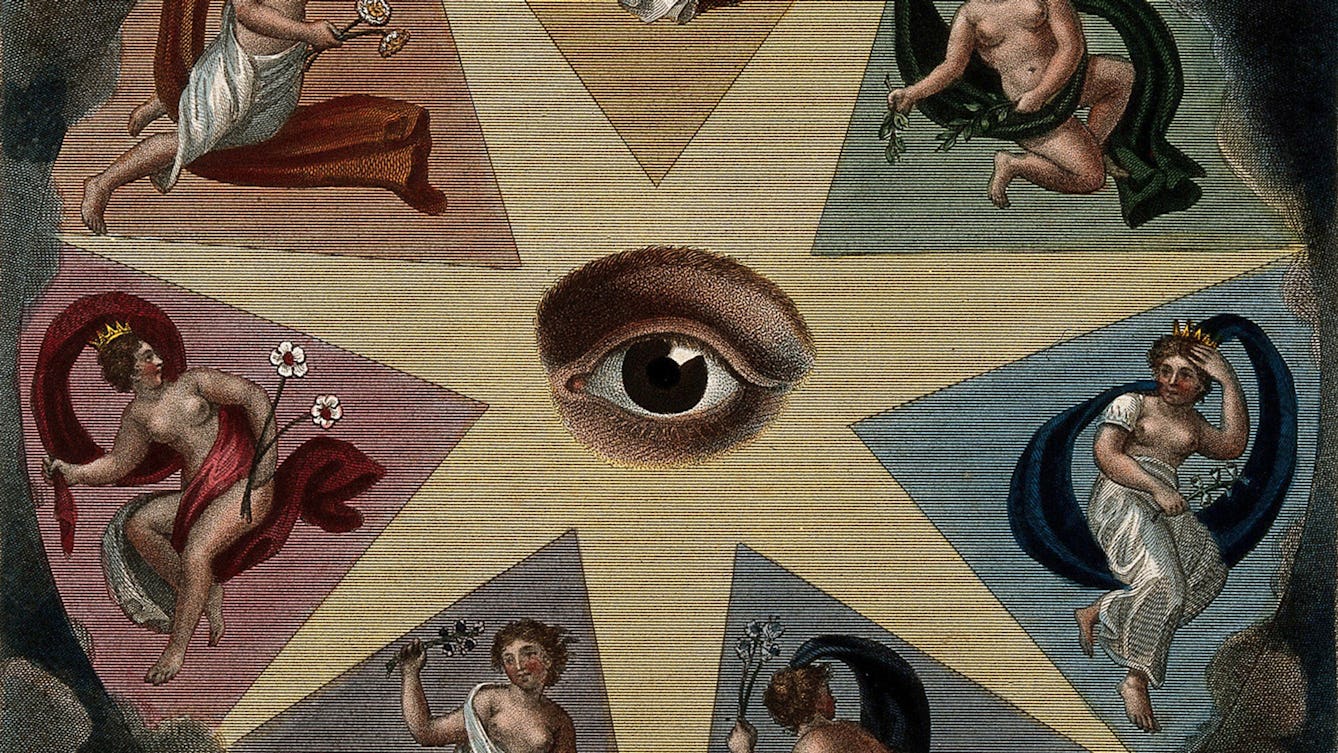
- Article
- Article
Do you see what I see?
Is reality actually what you see, or just an elaborate illusion?
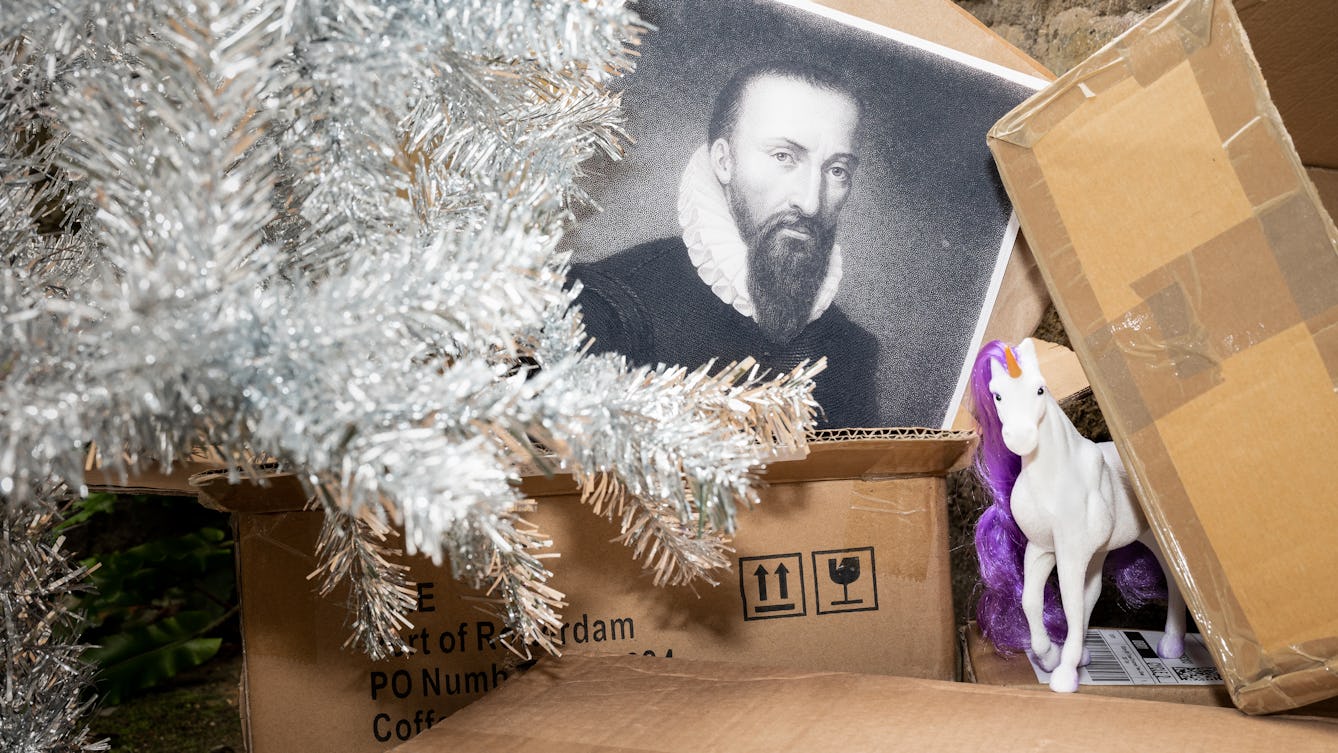
- Article
- Article
The doctor who challenged the unicorn myth
Our era of fake news and medical misinformation is nothing new. Estelle Paranque relays the thrusts and parries of a 440-year-old row over a magical cure-all, the unicorn horn.

- Article
- Article
The work of wet-nursing
Many of us know that in the past, babies were sometimes nourished by wet-nurses. But, perhaps surprisingly, the practice continues today – and the milk recipients are not only babies.
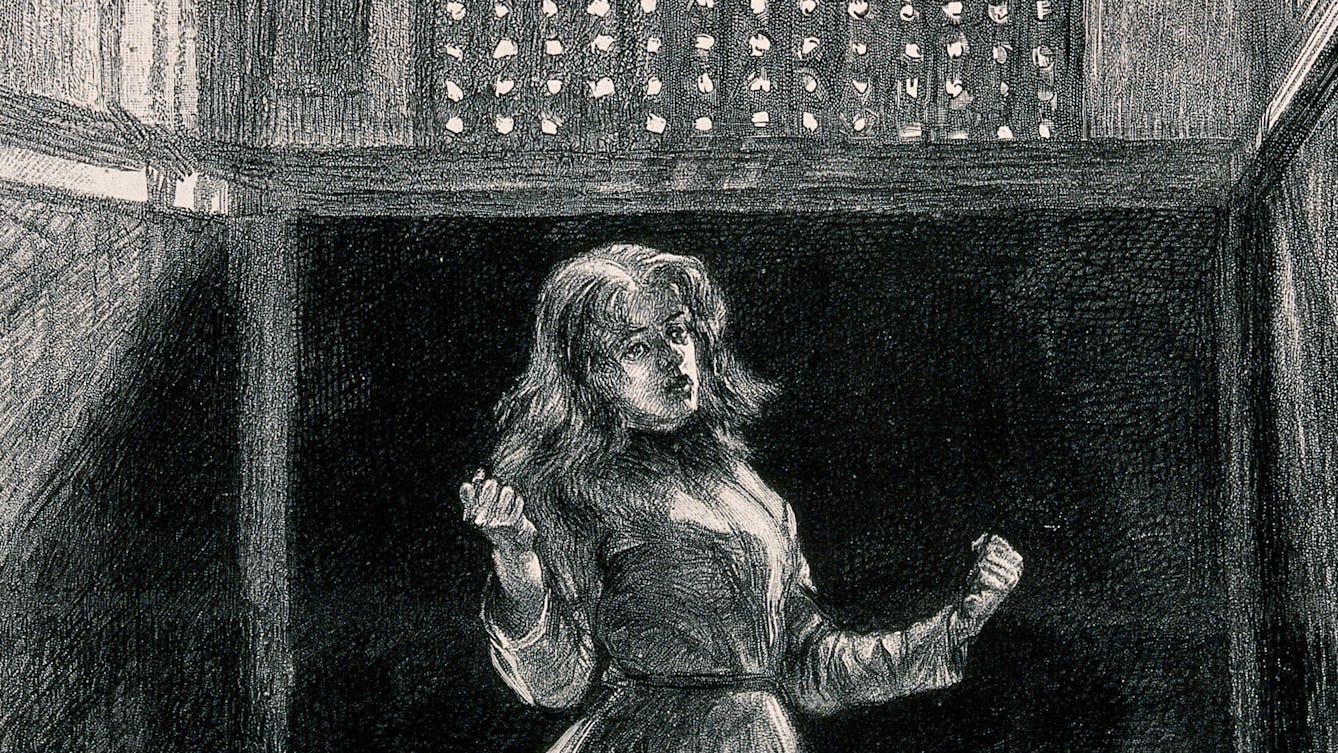
- Article
- Article
Disturbed minds and disruptive bodies
Prison officers tried to regulate women’s minds and bodies and maintain a new disciplinary routine in the second half of the 1800s.

- Article
- Article
Intelligence testing, race and eugenics
Specious ideas and assumptions about intelligence that were born during the great flourishing of eugenics well over 100 years ago still inform the British education system today, as Nazlin Bhimani reveals.
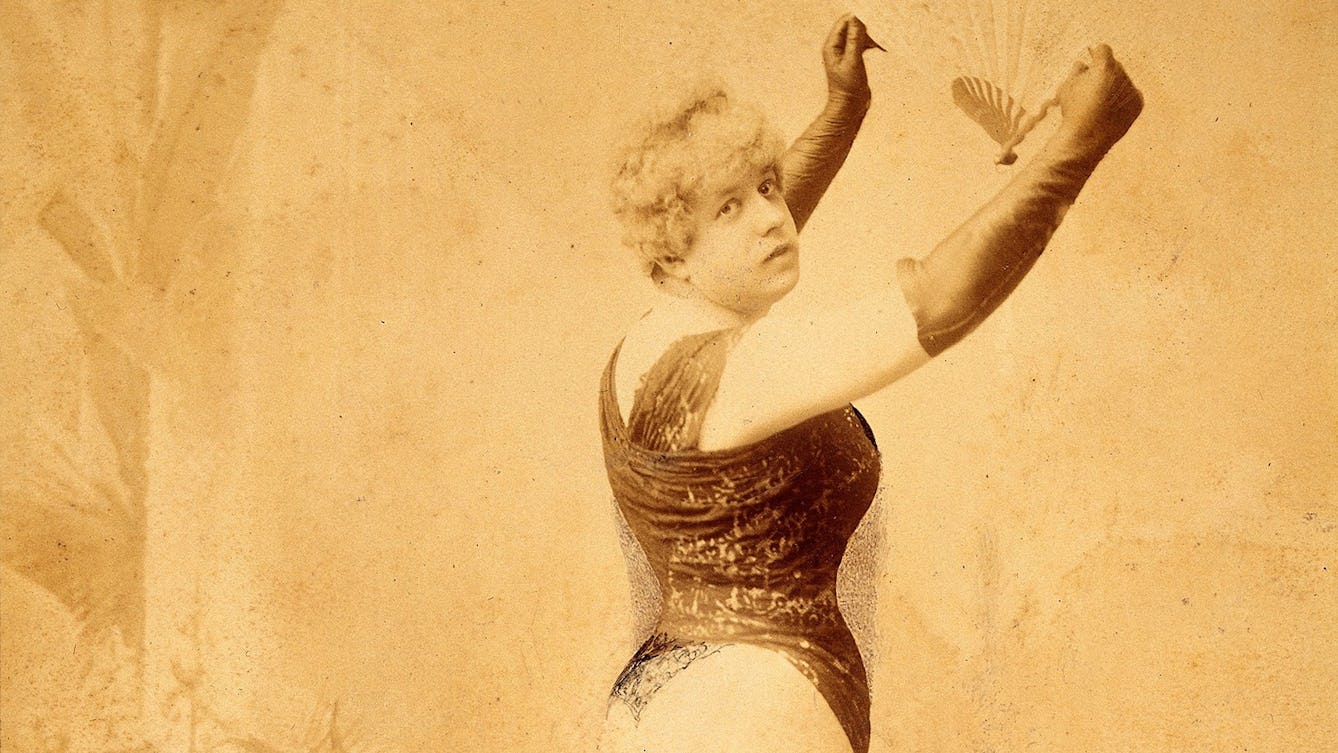
- Article
- Article
Photographs as evidence of gender identity and sexuality
Intriguing photographs from sexologists’ archives suggest they could have helped people explore their gender identity and sexuality.

- Article
- Article
Maladaptive daydreaming, gender myths and me
Can you daydream too much? Excessive daydreamer Laura Grace Simpkins reflects on studies into “maladaptive daydreaming” and asks why so few fellow dreamers seem to be men.
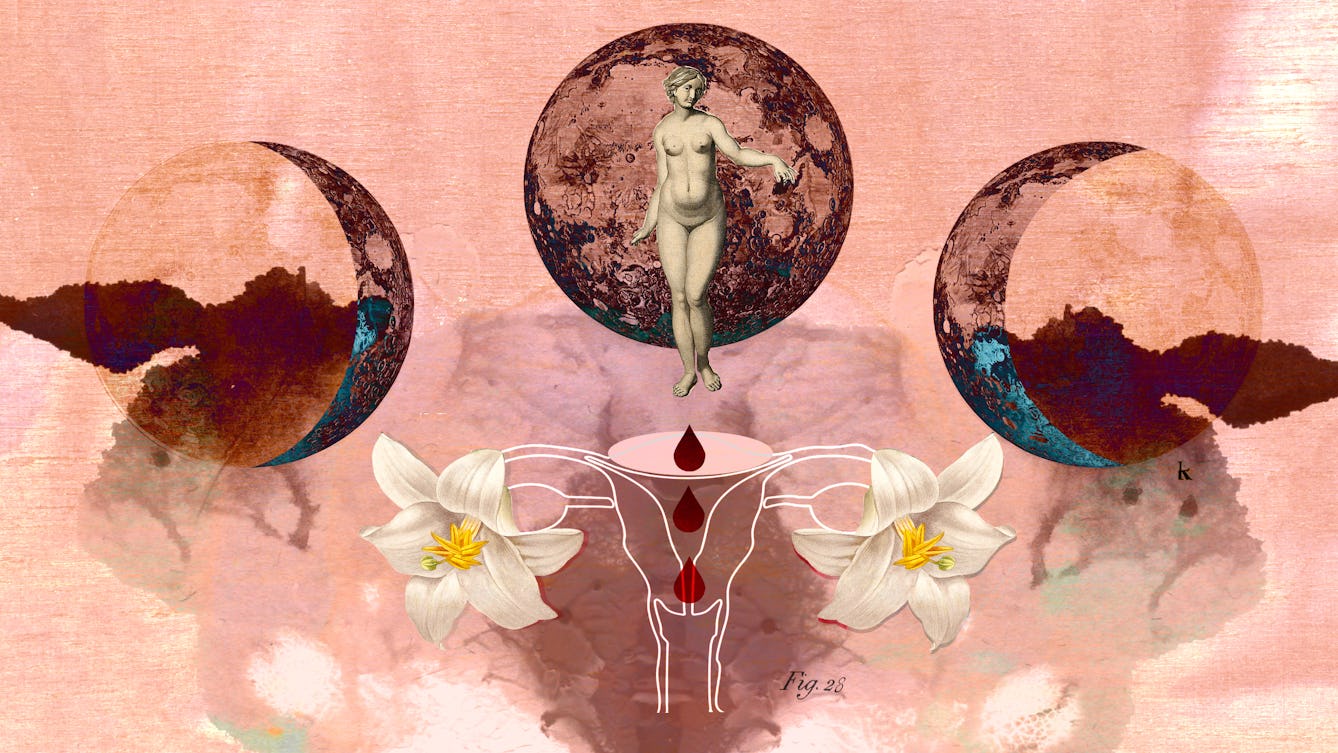
- Article
- Article
Menstruation, magic and moon myths
Why do stories cloaking periods in magic and mystery persist? Pragya Agarwal argues against myth-making and for inclusive menstrual education, grounded in fact.

- Article
- Article
Medics, migration and the NHS
In the 1960s the NHS became Britain’s biggest employer. So to help fill all those jobs, the government brought in thousands of workers from abroad.
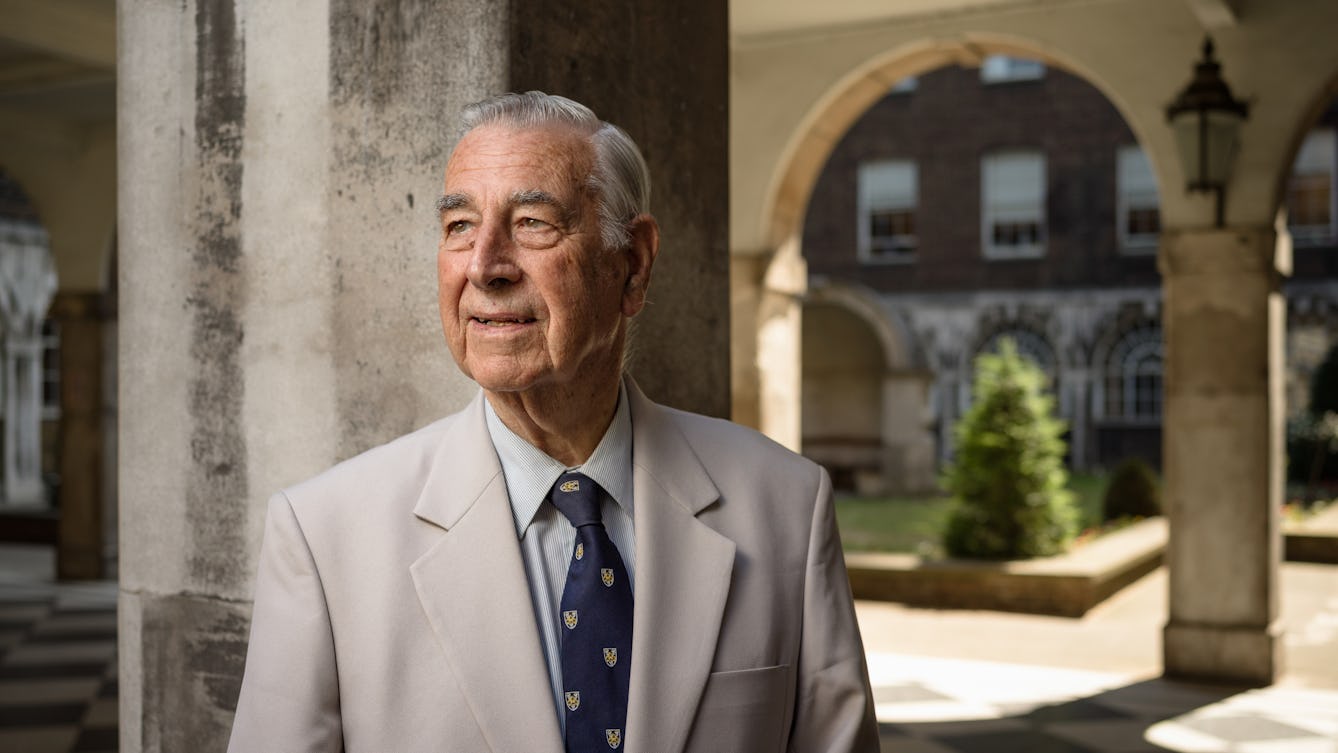
- Article
- Article
Fees, funding and the NHS
In the 1950s, dramatic political battles over NHS charges brought down a government. But public confidence in the service still grew.

- Article
- Article
The pill, autism and me
Realising that her contraceptive was having a negative effect on her mental health, Catriona Reid saw her concerns dismissed by doctors. As an autistic woman on the pill, she was not an anomaly, but has often been made to feel like one.
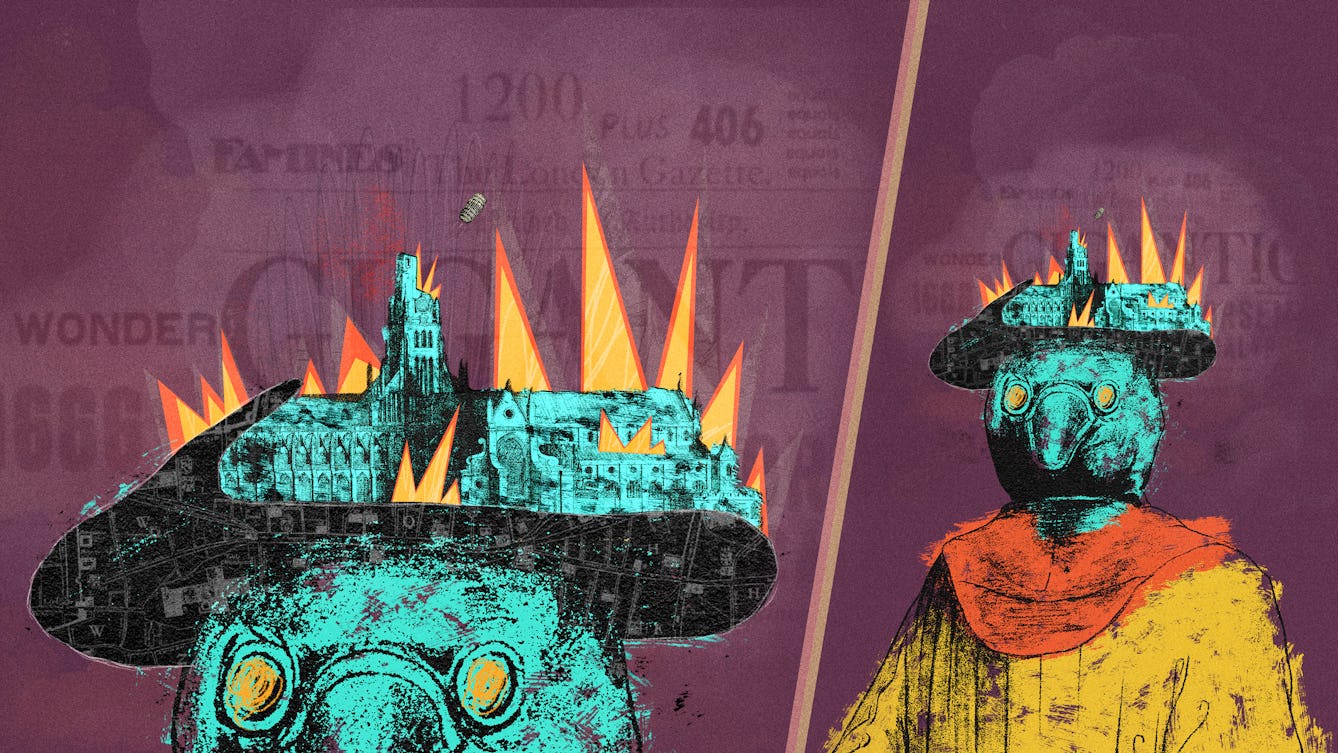
- Article
- Article
Devilry and doom in 1666
Disastrous events and a significant combination of numbers signalled the end – or perhaps a new beginning – in 1666. But for some, this feverish period fuelled unprecedented inventiveness and development.
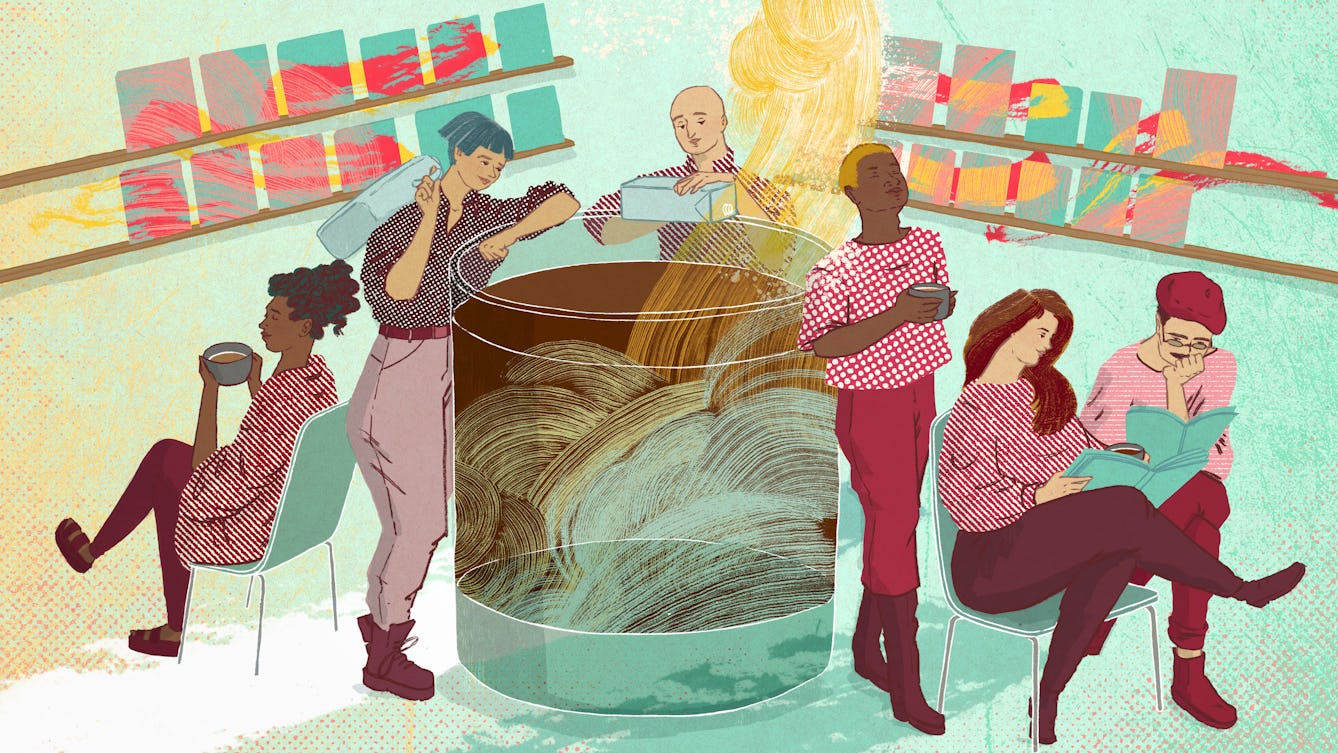
- Article
- Article
Queer cafés and gay mylk
Holly Regan explores queer London spaces where the alternative – oat milk – is the norm for the communities gathering there.
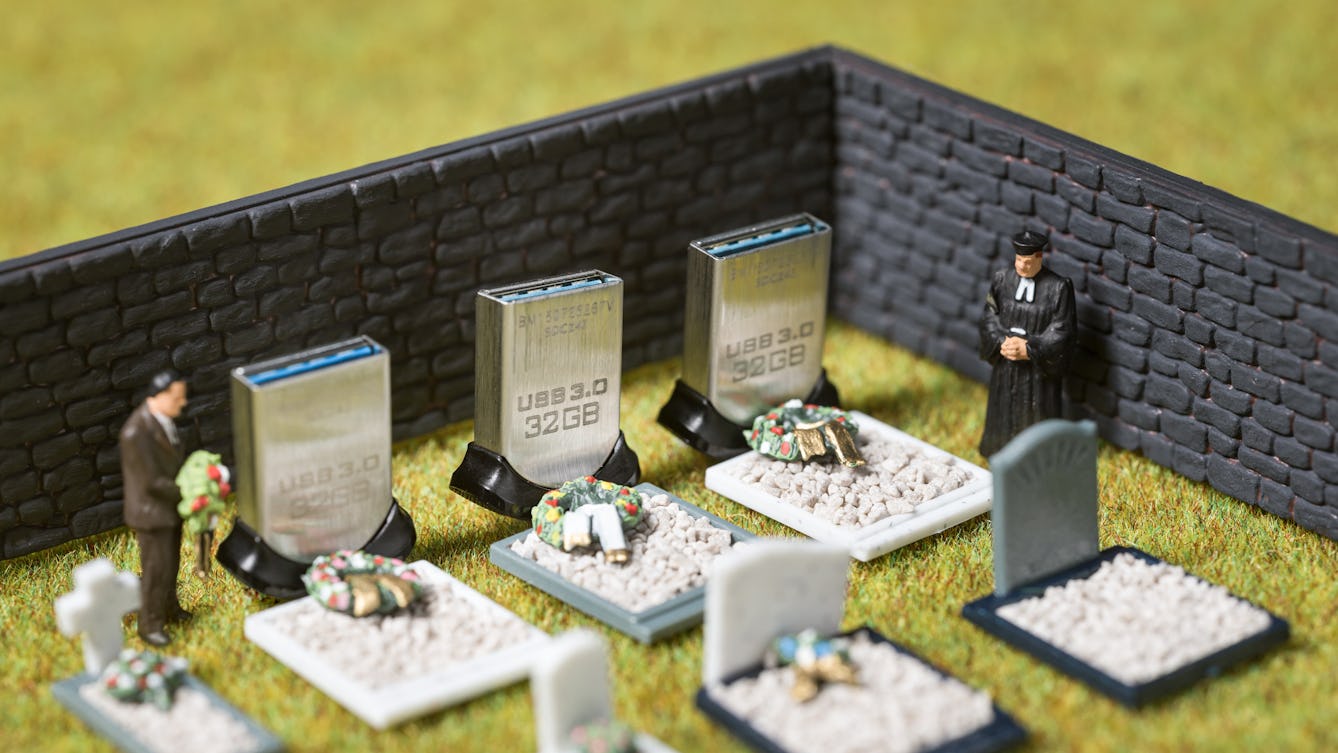
- Article
- Article
Death and our digital ghosts
When we die, our data lives on. And as companies are increasingly spotting money-making opportunities from digital legacies, now could be the time to think about – and control – yours.

- Article
- Article
Deadly doses and the hardest of hard drugs
The invention of the modern hypodermic syringe meant we could get high – or accidentally die – faster than before. Find out how this medical breakthrough was adapted for deadly uses.
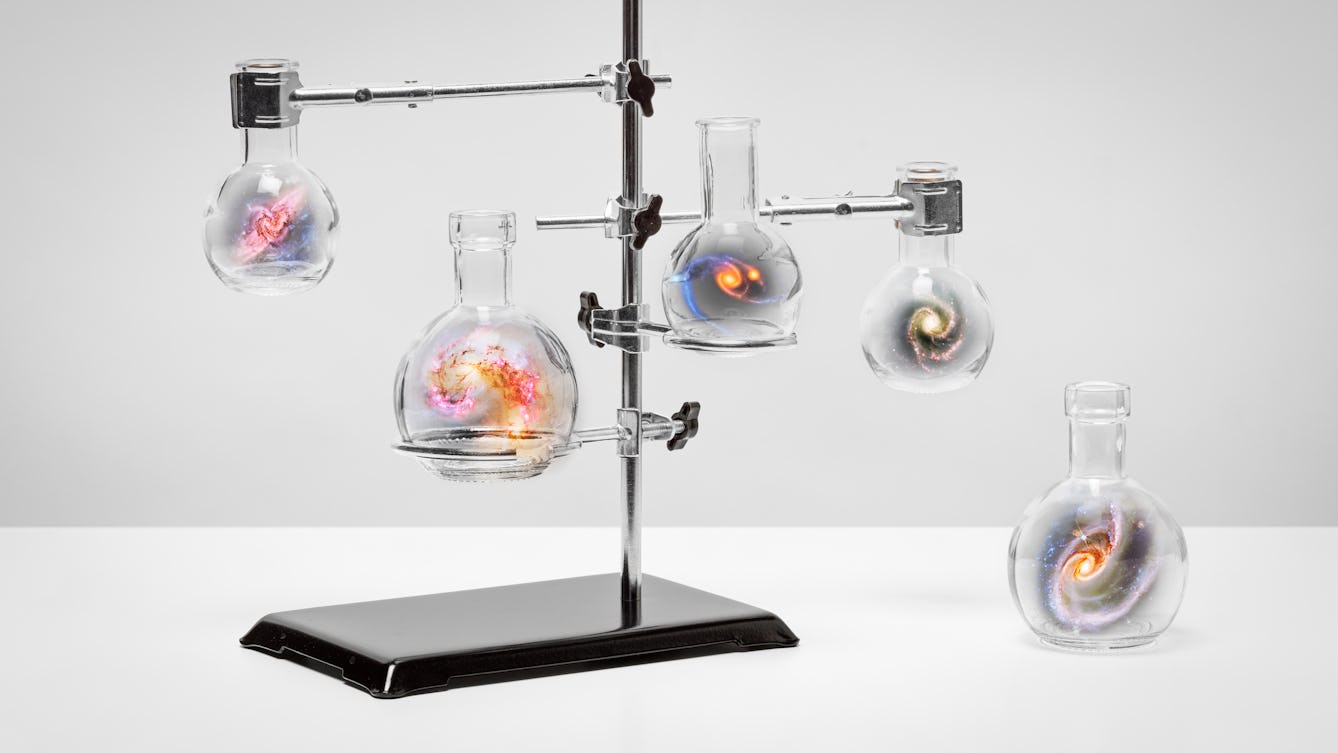
- Article
- Article
Illness and the influence of the stars
Could alien germs from space have caused major pandemics across the world? Taras Young investigates the ideas of a few unconventional scientists who believe this to be the case.

- Article
- Article
NHS strikes and the decade of discontent
When the social unrest of the 1970s spread to the NHS, dissatisfied staff challenged the status quo for the first time in quarter of a century.

- Article
- Article
The painter, the psychiatrist and a fashion for hysteria
A dramatic painting brings a famous event in medical history alive. But it also tells a tale about the health preoccupations of the time.
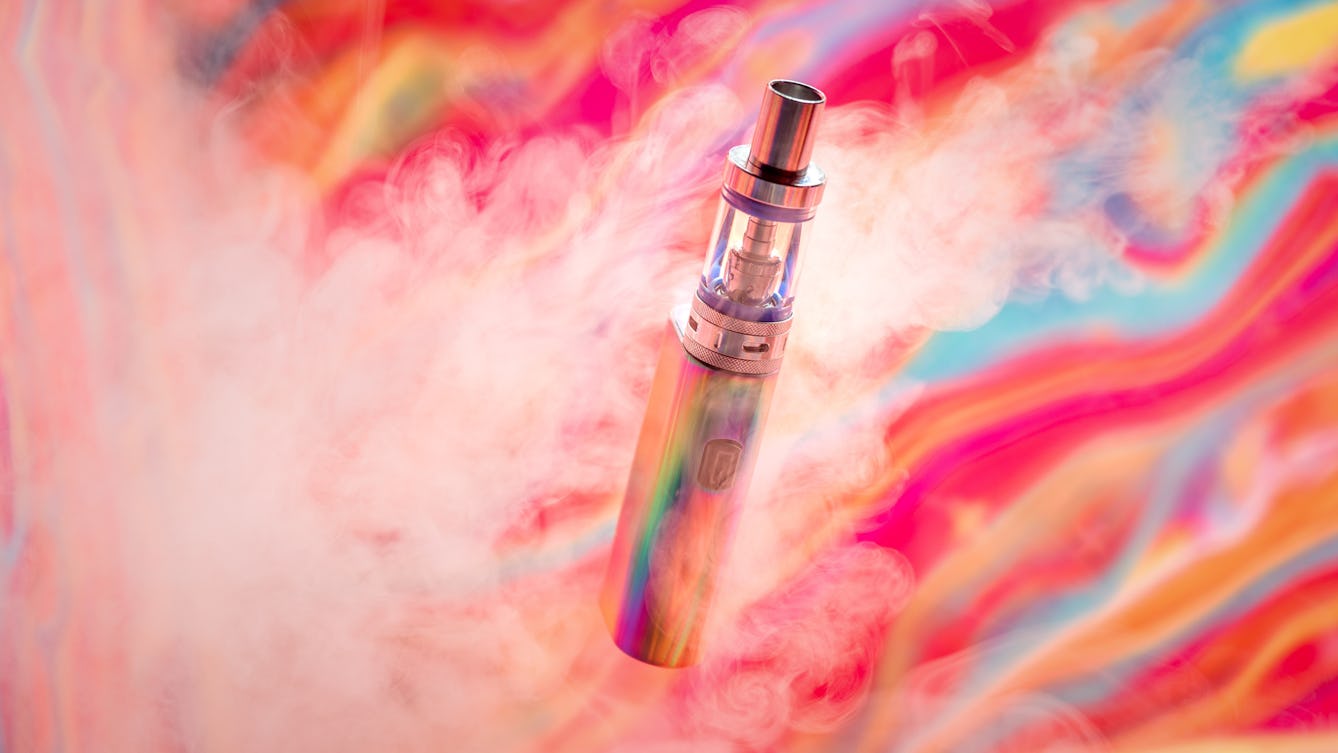
- Article
- Article
Inhaling happiness and gasping for a high
The rapid, short-lived high we get from whippets, reefers and vapes can be accompanied by long-term health consequences. The search is on for safer ways to get stoned.

- Article
- Article
Investigating what lithium is and how it works
The more questions Laura Grace Simpkins asked about lithium, the more she realised how little is known about this powerful drug and how it affects our mental health.

- Article
- Article
Bloody capitalism and the cash flow of the menstrual cycle
Once they thrived on taboos and shame. Now period-product manufacturers are finding new ways to flourish in this era of period activism – but products aren’t the end of the story.

- Article
- Article
Rag mags and monthly issues: Five period zines to stop you seeing red
Using humour, personal experience and political activism to explore the bloody reality of menstruation.

- Article
- Article
A history of twins in science
For thousands of years, twins have been a source of fascination in mythology, religion and the arts. Since the 19th century, they have also been the subject of scientific study and experimentation.